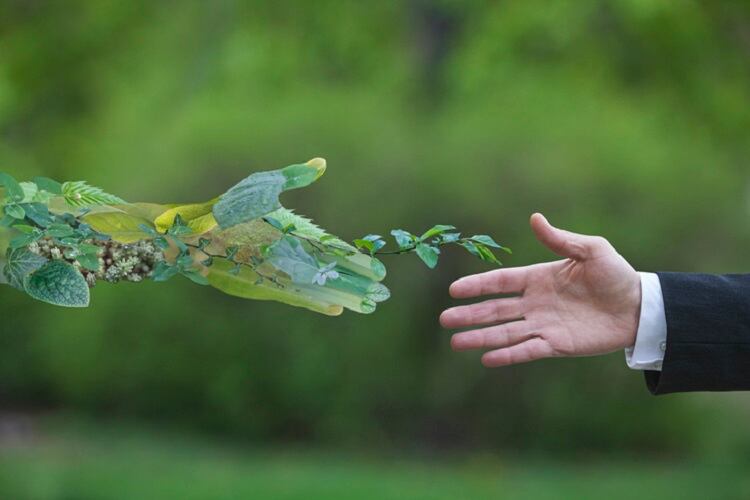In a report launched at the European Parliament (EP) this week, titled ‘From local to EU level: Scaling Up Fair Trade in Europe’, the Fair Trade Advocacy Office (FTAO) has urged EU policymakers to contribute to the achievement of the United Nations sustainable development goals through the promotion of local Fair Trade initiatives.
The FTAO is the joint advocacy office of Fairtrade International and the World Fair Trade Organisation.
The document addresses the next term of EU policymakers – the European Commission and European Parliament in the upcoming 2019-2024 EU term – with requests they assist in the development, testing, implementation and upscaling of Fair Trade projects by making financial resources available to local authorities (LAs), facilitating exchange of good practices and promoting a Fair Trade week at European level.
According to FTAO director, Sergi Corbalán, a more active EU role would help to fill ‘the gap’ between consumer demand and public policy.
“There is a lot of support for Fair Trade from citizens in Europe, but also by Local Authorities,” Corbalán told FoodNavigator.
“We see a willingness to buy sustainable and fair; however there is not always the right connection between offer and demand…
“There is…public policy support and there is consumer support for Fair Trade. Now, there is a gap. We believe that more effort should be made so that public authorities in the EU buy sustainable and fair [products] from sustainably and Fairtrade-certified supply chains as well as by mission-driven Fair Trade enterprises in Europe.”
The EU took action to promote fair and ethical trade which it launched the EU Cities for Fair and Ethical Trade Award.
The award, which was created to recognise and support local initiatives currently taking place in European cities, was won by Ghent in Belgium last year.
In the FTAO’s latest report, the impact of this “great initiative by the Commission” was evaluated to better understand the remaining obstacles and issues preventing a further uptake of Fair Trade in Europe at a local level, “and then made recommendations about what can be done in the next EU term, after the European Parliament election” said FTAO director Sergi Corbalán.
Public procurement: an opportunity for industry
Increased uptake of Fair Trade at a local level would have an impact on public procurement – which refers to the purchase by governments of state-owned enterprises of goods, services and works.
Public procurement represents approximately 12% of the gross domestic product (GDP) in Organisation for Economic Co-operation Development (OECD) countries. Regional and LAs are responsible for 63% of public procurement spending in OECD countries.
According to Corbalán, food and drink manufacturers that are investing in sustainable and fair supply chains would stand to gain from increased Fair Trade-focused public procurement spending. It would also incite greater private investment in sustainably produced products.
“We see consumers and public authorities are increasingly expecting to purchase Fair Trade products,” Corbalàn told us.
“It’s an important market for food and drink companies, and in particular, is an incentive for those that want to invest in making sustainably produced and fairly traded products available.”
Indeed, the sustainability agenda in general represents an opportunity for the private sector, he continued. “Now it is confirmed by societal expectations, by the UN, and by the EU, by local authorities, that this trend is here to stay, and that is a good thing.
“There is a growing market that industry should be aware of, and this is likely to be increasing.”





